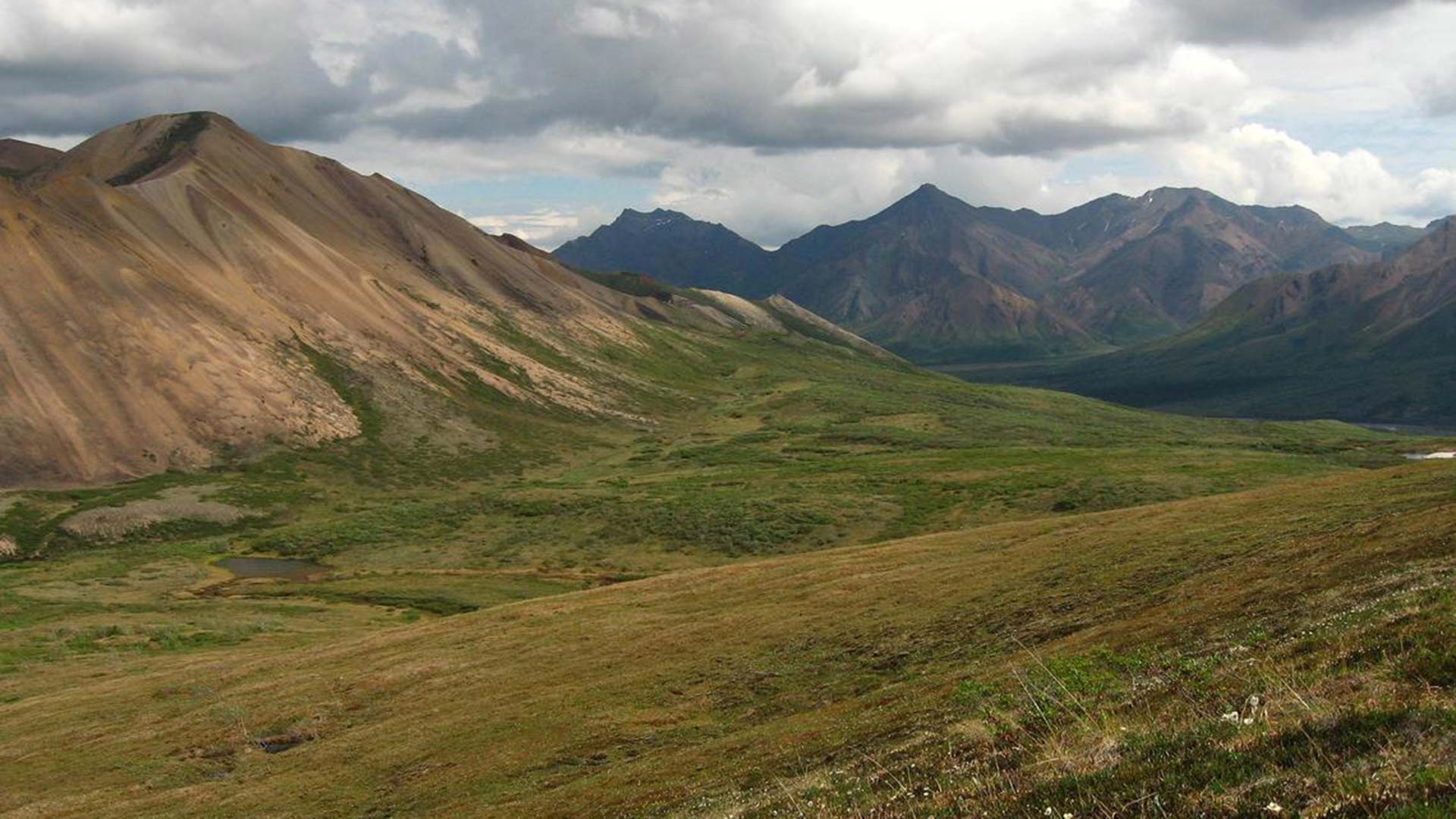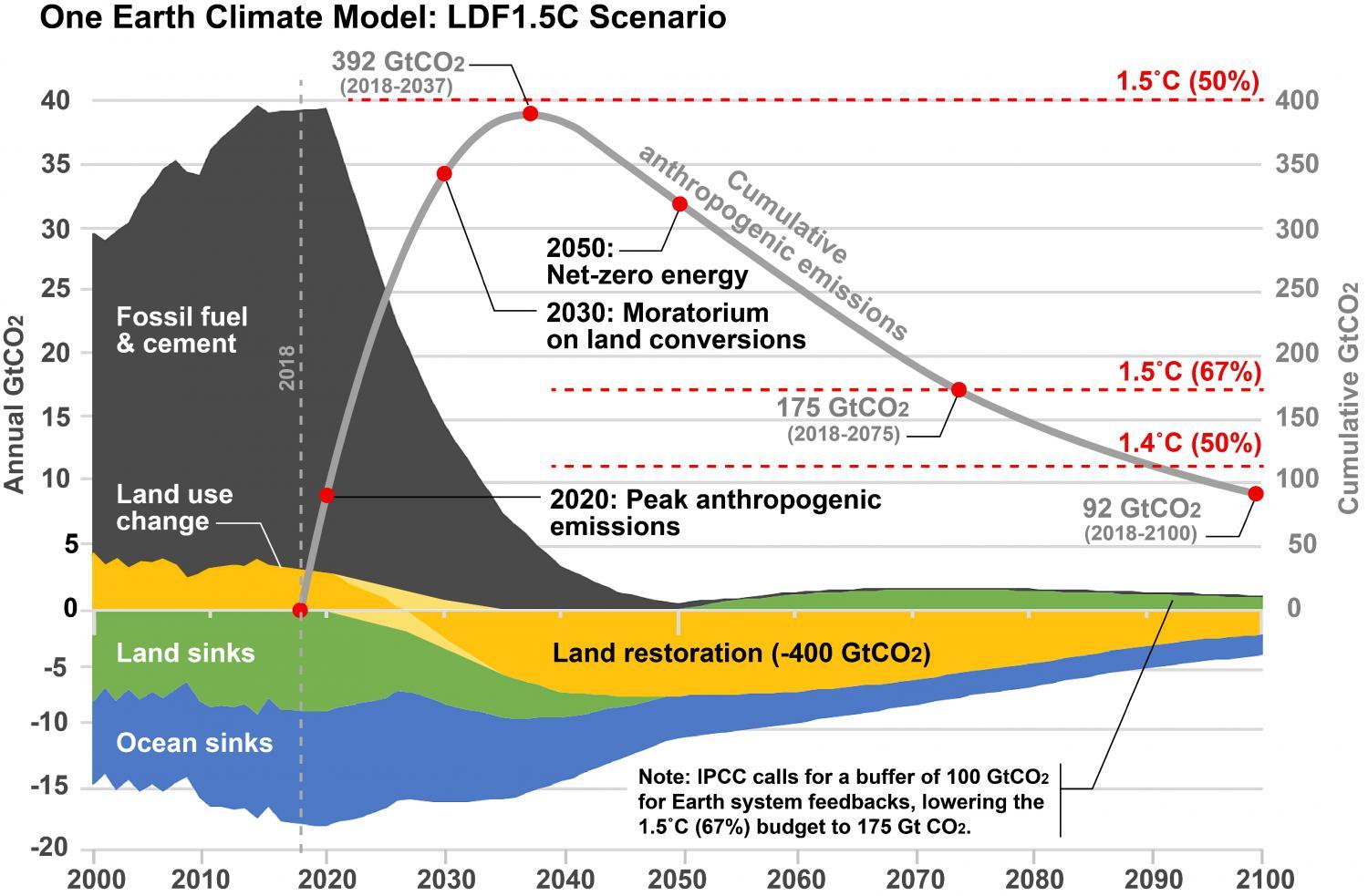 Alaskan tundra. A recent paper says preserving natural ecosystems, like tundra, is an important part of meeting climate goals.
Alaskan tundra. A recent paper says preserving natural ecosystems, like tundra, is an important part of meeting climate goals.
The Paris Agreement helped steer nations around the world away from a carbon cliff. But a paper in the journal Science Advances argues it will be a dead end unless nations also preserve Earth's ecosystems.
Saving the world from catastrophic climate change means sparing its species from mass extinction; so says the Global Deal for Nature, a roadmap for conserving at least half the Earth's land as intact ecosystems that can double as carbon sinks.
Co-author Gregory Asner of Arizona State University says preservation is essential to meeting carbon goals — and to stabilizing vital, interconnected ecosystems.
"An ideal outcome of this would be that this discussion is elevated to a Paris Agreement level, so that we're not just talking about carbon and climate, we're talking about biodiversity, carbon and climate as a three-way, connected effort," he said.
 VIEW LARGER The One Earth (OE) climate model projects a rapid transition to 100 percent renewables by 2050 and a moratorium on deforestation and land degradation in 2030, in order to stay below the threshold of 1.5 degrees C in global average temperature.
VIEW LARGER The One Earth (OE) climate model projects a rapid transition to 100 percent renewables by 2050 and a moratorium on deforestation and land degradation in 2030, in order to stay below the threshold of 1.5 degrees C in global average temperature. Asner adds it's far easier to save ecosystems from falling apart than to put them back together.
Moreover, natural ecosystems — such as mangroves, peatlands, rainforests, tundra and ancient grasslands — provide a cheaper, faster solution to carbon removal and sequestration because they already exist.
Prior research shows that escaping 1.5 C warming or worse will require a rapid decrease in land conversion, and calls for a possible freeze by 2035.
According to the paper, "65 percent of Paris Agreement signatories have committed to restoring or conserving ecosystems."


By submitting your comments, you hereby give AZPM the right to post your comments and potentially use them in any other form of media operated by this institution.